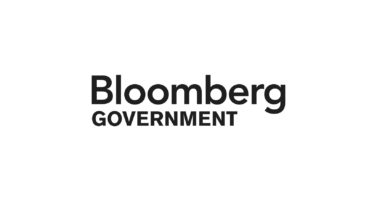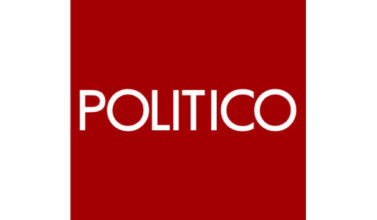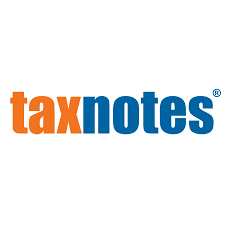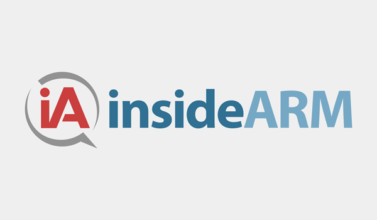
The Senate Finance Committee released a new quarterly report detailing the progress of the Internal Revenue Service (IRS) Private Debt Collection (PDC) Program – which works to bolster the U.S. Treasury and strengthen the effectiveness of the IRS by providing taxpayers with customized solutions that help them satisfy lingering tax debts in a manageable way.
As of December 13th, 2018, the PDC Program has directly collected $130.6 million in voluntary payments of long past-due tax revenue, plus millions more has been collected by the IRS as a result of PDC Program taxpayer outreach. To date, tens of thousands of taxpayers have now fully resolved their tax debts via the PDC Program, and more than 27,000 installment agreements are currently in process providing taxpayers the opportunity to pay their tax debt over time via flexible monthly payments tailored to their budget.
To boost internal IRS capabilities, the PDC Program has also generated more than $23 million for the IRS Special Compliance Personnel Program Fund, which provides the agency with much-needed resources to hire and train new permanent collections staff. The IRS Special Compliance Personnel Program officially began in October and has thus far spent just over $1 million to bring on new IRS collections employees.
“The PDC Program continues to demonstrate positive forward momentum with each passing quarterly report,” said Kristin Walter, spokesperson for the Partnership for Tax Compliance. “This expansion of IRS customer service allows taxpayers to choose to participate in a flexible path to resolve their tax debts over time. In fact, over the past two fiscal years, participating taxpayers consistently give the PDC program an A grade when surveyed by a third party vendor about their experience with the program.”
Private Sector Best Practices Boost Federal Collections
The PDC Program was mandated by Congress in 2015, as part of bipartisan legislation, and officially launched in April 2017. The effort seeks to expand the customer service capacity of the IRS to offer a segment of taxpayers – those with uncontested tax underpayments – a variety of voluntary payment plans tailored to fit their particular budgets to help them pay down their tax obligations over time.
There are currently millions of inactive underpayment accounts in arrears representing approximately $131 billion in federal tax revenue. Each year, $20 to 30 billion of that tax revenue is lost as a portion of accounts age out due to the collection statute of limitations. As previously uncollectable tax revenue is brought in by PDC program payment plans, federal solvency improves and the IRS can augment their collection and recovery capabilities by adding more internal staff.
While the PDC program was implemented slowly over the course of the first year to ensure adherence to IRS rules and procedures, the agency has now expanded the effort, as required by Congress. As current installment plans continue to be paid over time, new installment agreements begin and a greater numbers of accounts are released into the program for outreach, the revenue generated by the PDC Program to bolster the federal Treasury will grow.
“With Members of Congress actively searching for revenue to fund new and ongoing federal initiatives, the additional tax dollars collected via the PDC Program will go a long way to strengthen the budget and pay for critical federal efforts in the years ahead,” said Walter.
Related Post
Debt Collection Program Is...
Debt Collection Program Is Working IRS data shows the agency’s highly scrutinized...
- August 22, 2018
- By Kristin Walter
- Featured News
Grading Private Debt...
GRADING PRIVATE DEBT COLLECTORS: An IRS program employing private debt collectors to...
- August 24, 2018
- By Kristin Walter
- Featured News
Grassley: Data Prove Private...
Grassley: Data Prove Private Debt Collection Pays for Itself Senate Finance Committee...
- August 27, 2018
- By Kristin Walter
- Featured News
Private Debt Collectors Raise...
Private Debt Collectors Raise $9 Million to Beef Up IRS Compliance Staff Turning unpaid...
- September 11, 2018
- By Kristin Walter
- Featured News
ANSWERING PRIVATE COLLECTION...
ANSWERING PRIVATE COLLECTION CRITICISM The IRS faces limits in assigning delinquent...
- September 12, 2018
- By Kristin Walter
- Featured News
Report on IRS Private Debt...
Report on IRS Private Debt Collection Program Gives Good Reviews to Agencies, Criticized...
- September 14, 2018
- By Kristin Walter
- Featured News







